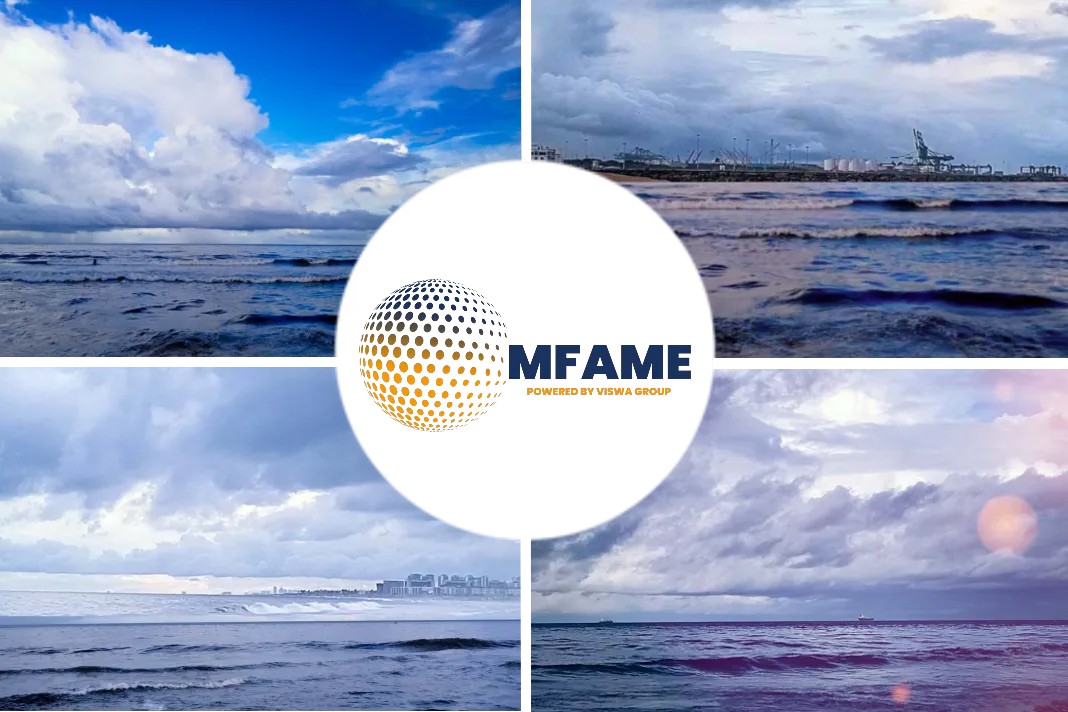
A group of seven companies today announced the completion of a successful trial using liquefied biomethane (LBM) derived from cattle manure as marine fuel on the domestic LNG fueled vessel Ise Mirai in Ise Bay. This marks Japan’s first use of carbon-neutral LBM derived from biomass.
Trial Conducted
Teaming up on the project were Mitsui O.S.K. Lines, Ltd. (MOL; President & CEO: Takeshi Hashimoto; Headquarters: Minato-ku, Tokyo), Air Water Inc. (Air Water; Chairman & CEO: Kikuo Toyoda; Headquarters: Chuo-ku, Osaka), Techno Chubu Company, Ltd. (Techno Chubu; President: Shunichiro Ide; Headquarters: Nagoya-shi, Aichi Prefecture), Kyoudou Kaiun Co., Ltd. (Kyoudou Kaiun; President: Joji Nishimura; Headquarters: Yokkaichi-shi, Mie Prefecture), MOL Coastal Shipping, Ltd. (MOL Coastal Shipping; President & CEO: Hiroshi Kobayashi: Headquarters: Minato-ku, Tokyo), Cenergy Co., LTD (Cenergy; President: Minoru Yasui; Headquarters: Nagoya-shi, Aichi Prefecture), and IHI Power Systems Co., Ltd. (IHI Power Systems; President: Takashi Murasumi; Headquarters: Chiyoda-ku, Tokyo).
In the trial, Air Water supplied LBM produced from cattle manure in the Tokachi region of Hokkaido as part of a technology development and demonstration project adopted by Japan’s Ministry of the Environment. All the parties involved confirmed the following through ocean transport of JERA’s cargo.
- LBM can be transported through the existing domestic LNG supply chain.
- Truck-to-ship bunkering of LBM can be completed using existing LNG tank trucks.
- LBM can be used by existing vessels (Ise Mirai) as marine fuel.
LMB As Marine Fuel
LNG fuel is expected to reduce carbon dioxide (CO2) emissions by about 25% compared to conventional fuel oil, but further reduction of CO2 emissions can be expected through the partial use of LBM, a carbon-neutral energy source. In addition, because the main component of both LBM and LNG is methane, the existing LNG supply chains can be used, so LBM can be an effective solution to achieve low-carbon and decarbonized ship operations. MOL and Air Water will continually contribute to the development of low-carbon and decarbonized ocean transport by leveraging each other’s knowledge and experience in the use of LBM as marine fuel.
LBM is made with bio-methane generated from dairy-owned biogas plants, liquefied at about -160°C, separating and refining its main component, methane. Methane can be compressed to 1/600th of its volume when liquefied, enabling it to be transported on a large scale. It is also a carbon-neutral domestic energy source because it is made from cattle manure.
Did you subscribe to our newsletter?
It’s free! Click here to subscribe!
Source: MOL















